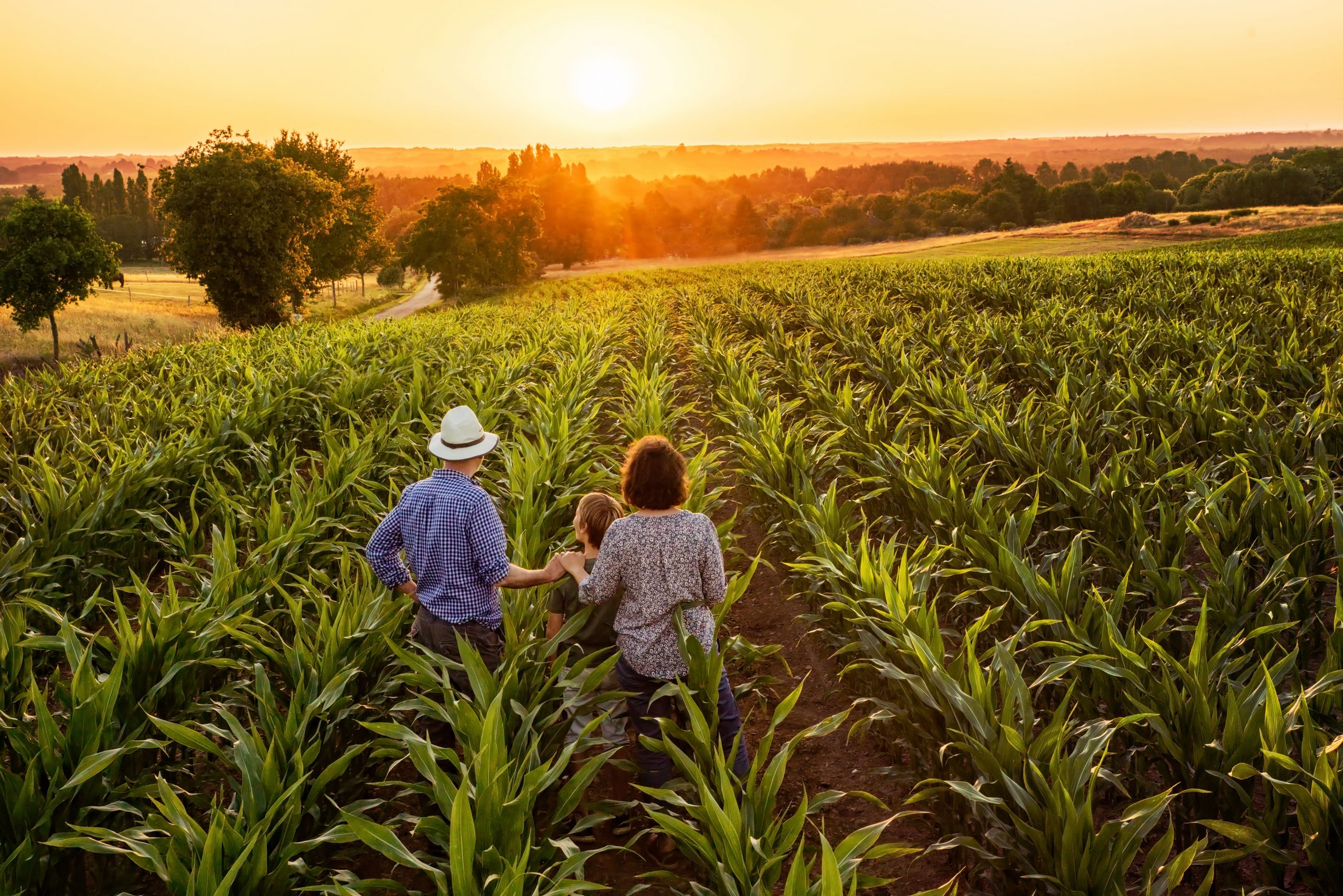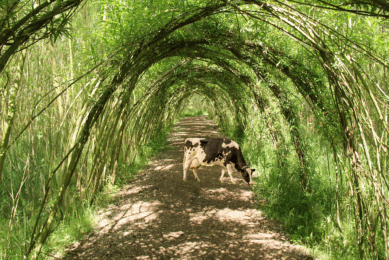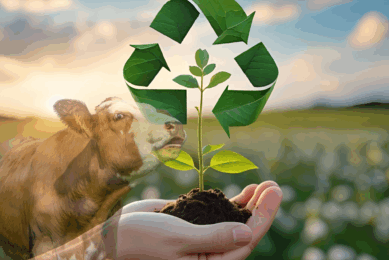A sustainable farm: Family owned or high-tech?

Some people are still feeling nostalgic when it comes to farming. Their ideal picture is small scale farms, preferably organic and free range. But the solutions are to be found in innovation, not nostalgics. And what about family farms?
In a recent article in the Dutch financial newspaper (Financieel Dagblad), Huub Fransen, owner of Dutch feed company Fransen Gerrits states that farming needs courage and entrepreneurship and that the (Dutch) farming sector can become more sustainable by using technological solutions and knowledge transfer. The header of this opinion article was that ’solutions for farming are to be found in innovation, not nostalgics’. Fransen addresses that there are many technological solutions that help in making farming more sustainable. Think of reduction of raw materials, ammonia in barns and antibiotics and the improvement of animal welfare and feed conversion. According to Fransen, the knowledge and technology are there to further improve the farming sector and governments should encourage this.
I agree with this and I wrote about the need and urgency of technology in agriculture in one of my earlier blogs. In this blog from 2014 already, I addressed that we shouldn’t be afraid of technology and that for example TV commercials, showing farmers carrying old milk cans, is not really helping in educating the public what modern agriculture is really about. It is feeding the idea that a farm should be small scaled, organic and preferably family owned.
Transmission of knowledge and skills
Concerning the family-owned farms (around 500 million worldwide, FAO), I want to stress that these farms are very important suppliers of food worldwide, however, consumers might have the wrong idea about family farms being small, cosy and always free range. But the opposite may be true. Family farms can be very modern and full of technology. According to the FAO, much of the world’s experience in sustainable farming systems has been gained by family run farms and family farmers play an important role in eradicating hunger and conserving natural resources, central elements of the sustainable future we want. From generation to generation, family farmers have transmitted knowledge and skills, preserving and improving many practices and technologies that can support agricultural sustainability. Using innovative techniques such as building terraces and adopting zero-tillage practices, family farmers have consistently succeeded in maintaining production on often marginal lands. But there is a limit to what family farmers can achieve on their own. The FAO further states that the family owned farms should be supported by governments, international organisations, regional agencies, civil society organisations, the private sector and research institutions to create the enabling environment they need to thrive.
Family farms are inventive
Whether it is a family-farm or a large integration, owned by investment companies for example, the challenges for a sustainable agriculture remain the same: we need more food, we need to deal with the effects of climate change, we have to comply with increased consumer demands and have to find solutions for the degradation of land and water resources. A sustainable farming system is one that is able to cope with all these challenges. Technology is a crucial part in this. Unfortunately larger farms often have a better financial stability than smaller family farms and thus more buying power to invest in new technologies. But family farms are inventive. I recently learnt about an example in the Netherlands (Novifarm) where 3 family farms (crops) merged with each other to be able to invest in new crop precision technology (GIS and GPS). This merger makes them future-proof and able to withstand the challenges in agriculture. Therefore see a bright (high-tech) future for large farms, but also smaller farms. Entrepreneurship and cooperation is key to make this work. I would love to hear your opinions about this topic.











